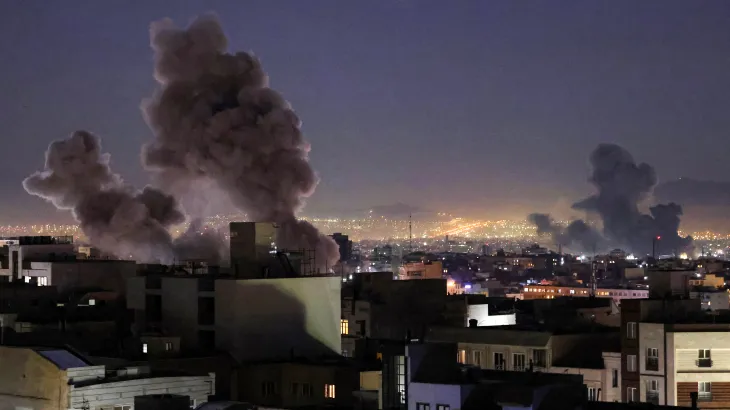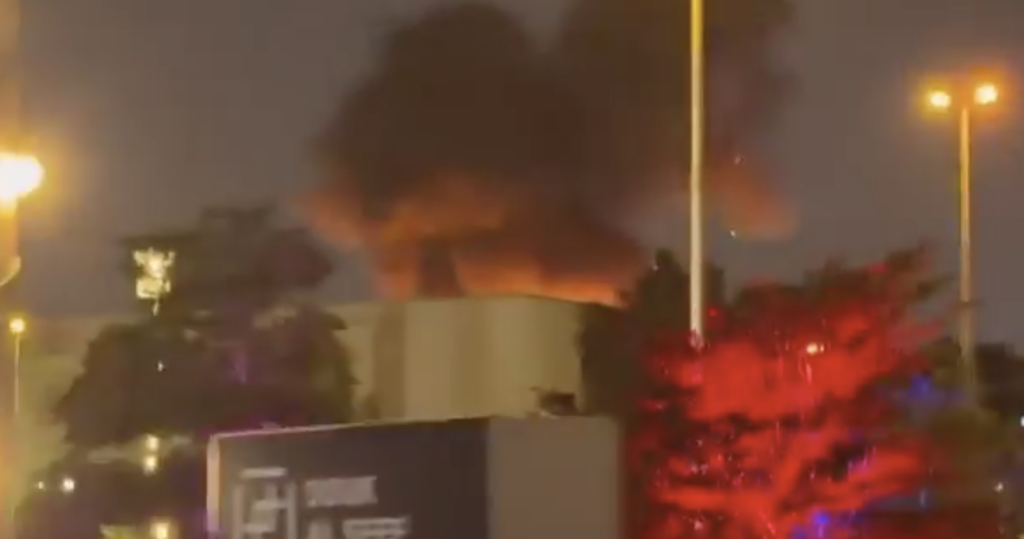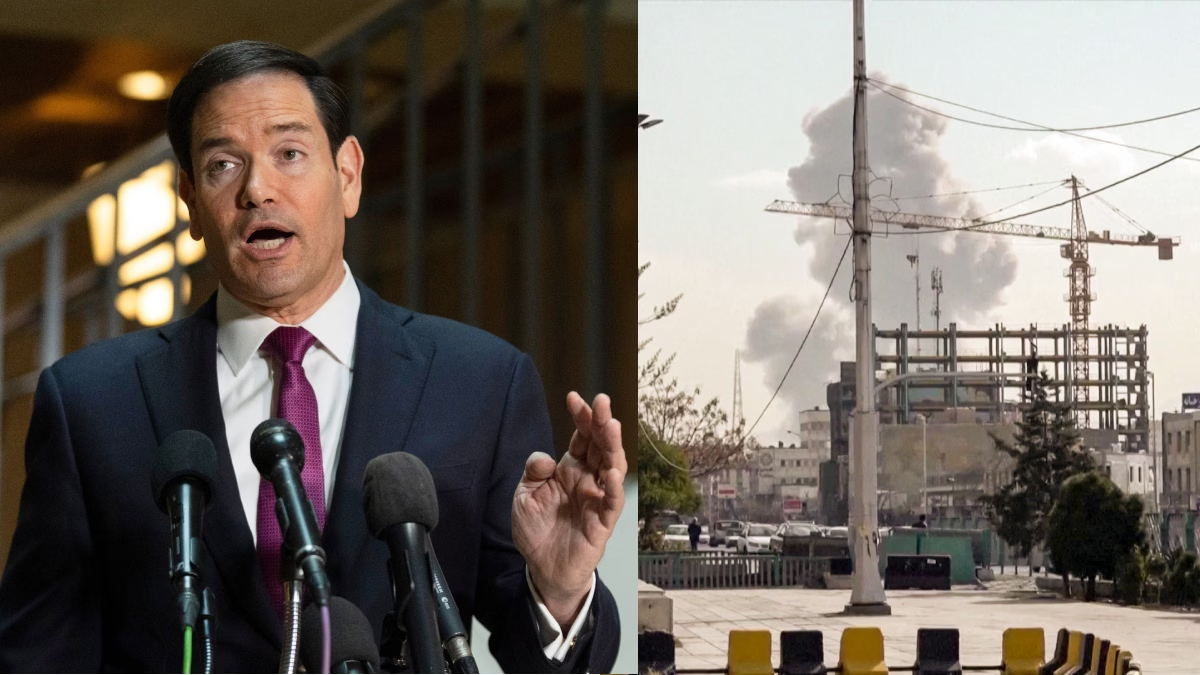
In a call with Prime Minister Benjamin Netanyahu, US President Joe Biden expressed opposition to Israel’s planned invasion of the southern Gaza city of Rafah, the White House announced on Monday.
National Security Advisor Jake Sullivan informed reporters that Biden believes a major ground operation in Rafah would result in more civilian casualties, exacerbate the humanitarian crisis, escalate anarchy in Gaza, and further isolate Israel internationally.
Instead, Biden suggested that Netanyahu send a delegation comprising military, intelligence, and humanitarian officials to Washington to discuss US concerns and explore alternative approaches.
Sullivan recounted Biden’s message to Netanyahu, emphasizing the President’s stance against the Palestinian group Hamas, whom he considers an “evil terrorist group” responsible for both Israeli and American deaths.
However, Biden stressed the importance of a strategy that avoids endangering innocent civilian lives in Rafah.
Netanyahu agreed to dispatch the team, and the US anticipates that Israel will refrain from launching the Rafah offensive until the meeting, expected to occur by early next week at the latest.
Before Biden’s intervention, Israel had announced plans for a “major activity” in Rafah following the evacuation of Palestinians to the western part of the city.
Netanyahu had approved the military operation on March 15, amid ongoing hostilities since a cross-border incursion by Hamas in October 2023, which resulted in nearly 1,200 deaths.
The conflict has claimed the lives of over 31,700 Palestinians, mostly women and children, and leftover 73,700 others injured, with significant infrastructure damage.
Sullivan highlighted Biden’s opposition to the Rafah operation, citing concerns about the over 1 million displaced individuals seeking refuge in the city and the lack of a plan from Israel to safely relocate, accommodate, and provide necessities to these civilians.
Moreover, Sullivan pointed out Rafah’s crucial role as a primary entry point for humanitarian aid deliveries, warning that an invasion would jeopardize access to essential supplies at a time of urgent need.




